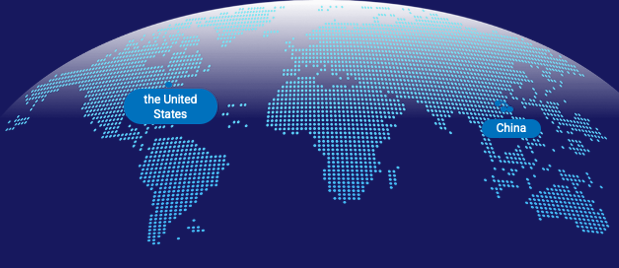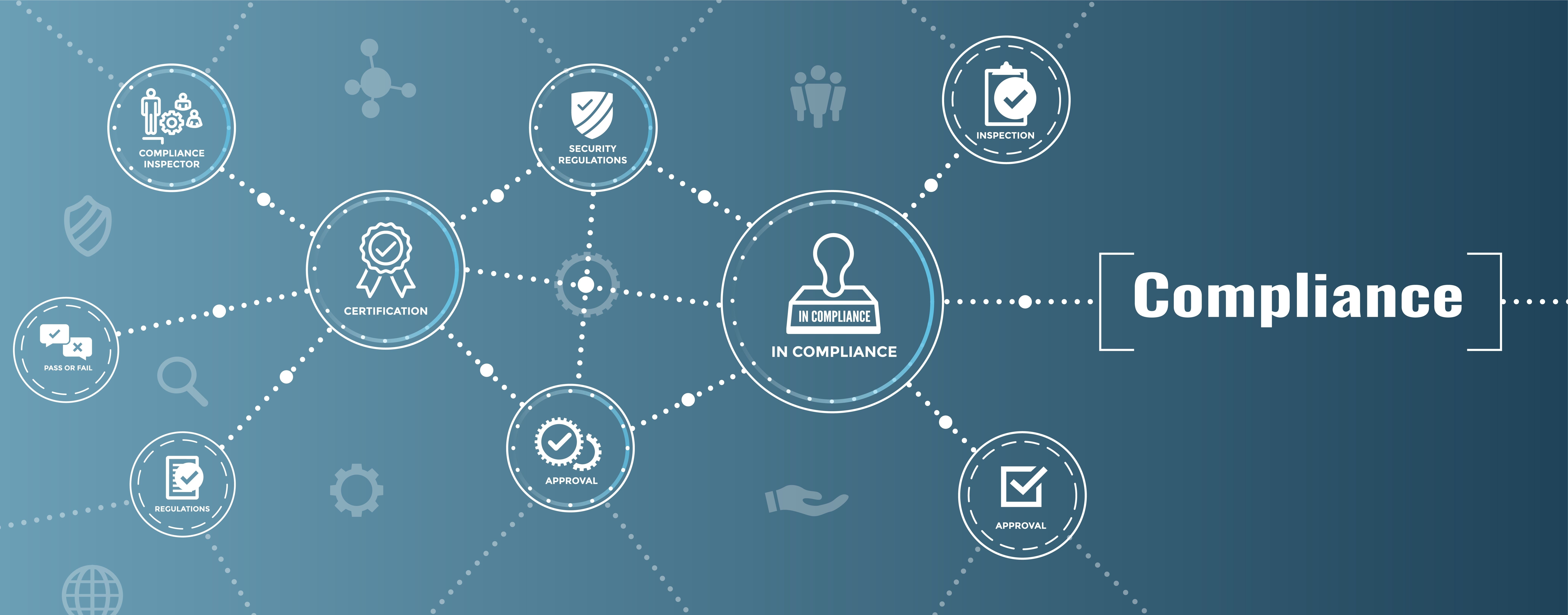Expert NDA-enabling Testing
Support your New Drug Application (NDA) with GLP expert safety assessment and bioanalytical testing services. We provide a fully integrated program that addresses the complex reporting needs of your candidate.
NDA-Enabling Testing by WuXi AppTec Lab Testing Division
NDA-Enabling Packages
Safety Assessment Studies Since 2011
On-Time Data & Report Delivery
Your Path from Phase I to Phase III
to New Drug Application
We combine world-class drug development testing with expert bioanalytical capabilities, program management, and regulatory expertise to move your candidate through phase I, phase II, and phase III studies in support of your NDA submission.
General Toxicology
Phase II and III clinical trials have additional safety assessment requirements, including longer duration studies. Subchronic and chronic toxicology studies evaluate safety, dosage, efficacy, and side effects to support your clinical plan. We offer 13-, 26-, and 39-week toxicity (Rodent and Non-rodent) tests and related data reporting for long term studies.
Chemical, Manufacturing & Controls
We support your CMC authoring needs in both the US and China, from preclinical to commercial lifecycle management.
- Drug product/substance development & manufacturing
- Analytical method development & validation
- CMC writing
Regulatory Affairs
Make global filings convenient, efficient, and cost-effective across US FDA, NMPA, and EMA with our extensive regulatory submission support.
- Gap analysis
- Contractual assistance
- Business unit coordination
- Project updates and teleconferences
Specialty Toxicology
Depending on the patient population and indication, certain specialty toxicology studies must be completed. We offer:
- Developmental & Reproductive Toxicology testing (Segment I-III)
- Carcinogenicity testing (2-year (Rat), 2-year (Mouse), or 6-month (Transgenic Mouse))
- Other specialty tests, including Juvenile Tox (If Applicable) and 4-week Batch Impurity Study (Rat)
- AE investigative-type studies
Clinical Bioanalytical Solutions
We provide study support for small and large molecule and innovator drugs.
- LC-MS/MS and Ligand Binding platforms
- Clinical PK sample analysis
Radiolabeled hAME sample analysis and study support - Clinical metabolite ID and (radio) profiling: 3H and 14C
- MIST cross-species metabolite comparison
- 14C-labeled and 19F-NMR mass balance
- Soluble, genetic, cellular and tissue biomarker analysis
End-to-End Program Management
Our dedicated program management (PM) team supports your drug candidate from discovery to preclinical to clinical stages, including design, timeline determinations, study execution, progress tracking, issue resolution, dossier preparation and regulatory submission.
Global Partner & Network
WuXi AppTec has decades of experience operating within diverse regulatory environments and delivering tailored testing solutions that advance small and large molecules from preclinical through IND, NDA and beyond.
- State-of-the-art facilities and experts across the US, Europe and China.
- 1st CMC platform in China which passed U.S. FDA inspection for new chemical entities
- 1st cGMP biologics manufacturing facility in China compliant with U.S., European and Chinese regulatory standards
- 1st GLP preclinical laboratory in China double certified with an OECD country and NMPA; passed U.S. FDA inspection
- 1st GLP/GCP bioanalytical laboratory in China which passed U.S. FDA, OECD and NMPA inspections


Regulatory Expertise
WuXi AppTec’s regulatory team provides a complete package of services to support global regulatory submission by incorporating internal expertise and partnering with external consultation networks. Our one-stop service can make your global filing convenient, efficient and cost-effective across the U.S. Food and Drug Administration (FDA), National Medical Products Administration (NMPA), European Medicines Agency (EMA), and beyond.
-
Regulatory consultation, project feasibility assessment, product registration strategy and planning
-
Gap analysis based on available dossier information
-
Dossier composition
-
Communication meetings with different regulatory agencies
-
Electronic Common Technical Document (eCTD) submission
-
Coordination of on-site inspection
-
National Institute for Food and Drug Control (NIFDC) testing progress follow-ups in China
-
Annual reports and subsequent supplement submissions
-
Other assistance in product registration
Frequently Asked Questions
What is NDA-enabling testing?
NDA-enabling testing involves a series of studies conducted to support a New Drug Application submission to regulatory agencies. These tests are essential to demonstrate the safety, efficacy, and quality of a new drug before it can be approved for market.
Why is NDA-enabling testing necessary for the development of new drugs?
NDA-enabling testing is necessary for the development of new drugs because it provides comprehensive and longer term data on the drug’s performance, safety profile, and therapeutic effectiveness. This information is crucial for regulatory bodies to assess whether the drug meets the required standards for approval.
How does NDA-enabling testing differ from other stages of drug development?
NDA-enabling testing differs from other stages of drug development as it focuses on gathering final data needed for regulatory approval, rather than early-stage discovery or preliminary safety evaluations. It encompasses a broader and more detailed assessment compared to earlier stages.
How long does NDA-enabling testing typically take to complete?
NDA-enabling testing typically takes several years to complete, depending on the complexity of the drug and the scope of the required studies. This timeline includes conducting the studies, analyzing the data, and preparing the necessary documentation for the NDA submission.
When should NDA-enabling tests be completed?
NDA-enabling tests are completed after an Investigational New Drug (IND) application is approved and phase I (First-In-Human) studies begin. They should be conducted throughout Phase I, II and III studies to prepare for NDA submission.
What are the key considerations when selecting a partner for NDA-enabling testing?
Key considerations when selecting a partner for NDA-enabling testing include the partner’s expertise, experience, regulatory knowledge, and ability to conduct comprehensive and high-quality studies. Choosing the right partner is crucial for ensuring the success of the NDA-enabling phase. The data generated at this stage is complex, and the studies are long and expensive. Make sure you select a partner that has a proven track record, a team of experts, and can work with you in the long term.
What are the potential challenges associated with NDA-enabling testing?
Potential challenges associated with NDA-enabling testing include lengthy timelines, high costs, regulatory complexities, and the need for robust data management. These challenges require careful planning and management to ensure successful completion.
How can NDA-enabling testing help mitigate risks associated with clinical trials?
NDA-enabling testing helps mitigate risks associated with clinical trials by providing thorough safety and efficacy data, identifying potential adverse effects, and ensuring that the drug meets regulatory standards. This testing phase is crucial for minimizing risks before the drug reaches the market.
Let’s Talk About Your Candidate
Have questions? Talk to an expert today about your NDA-related needs.